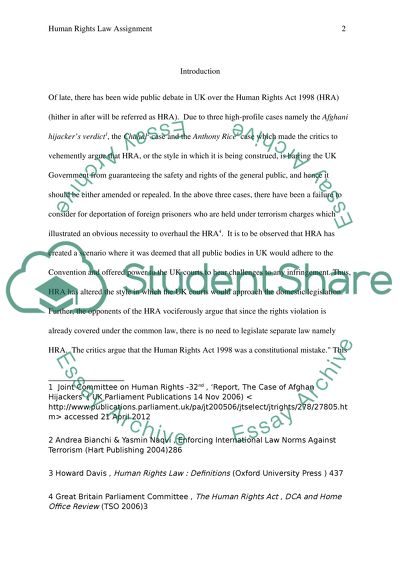Cite this document
(“The Human Rights Act 1998 was a constitutional mistake. Discuss Essay”, n.d.)
Retrieved from https://studentshare.org/law/1397863-the-human-rights-act
Retrieved from https://studentshare.org/law/1397863-the-human-rights-act
(The Human Rights Act 1998 Was a Constitutional Mistake. Discuss Essay)
https://studentshare.org/law/1397863-the-human-rights-act.
https://studentshare.org/law/1397863-the-human-rights-act.
“The Human Rights Act 1998 Was a Constitutional Mistake. Discuss Essay”, n.d. https://studentshare.org/law/1397863-the-human-rights-act.


